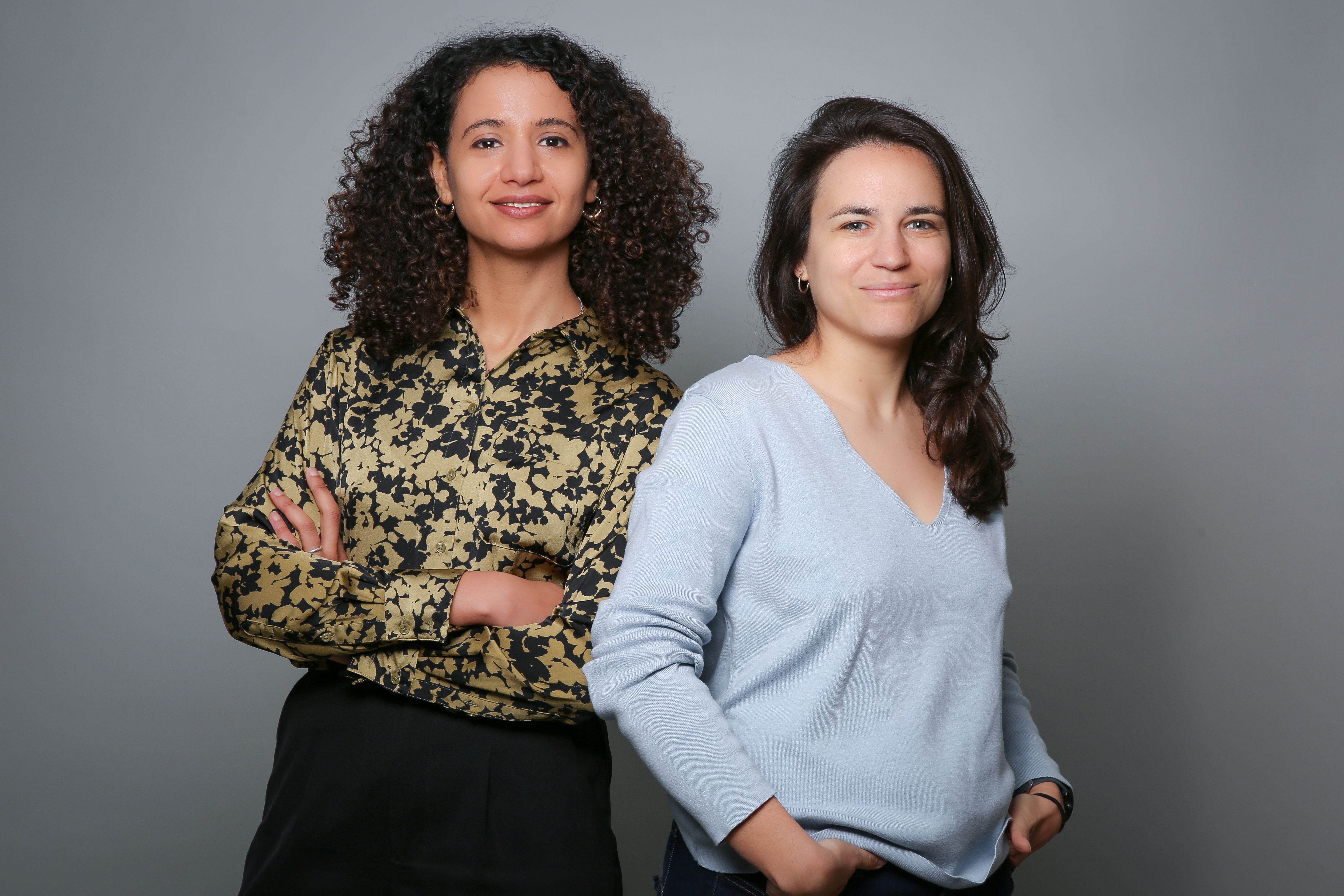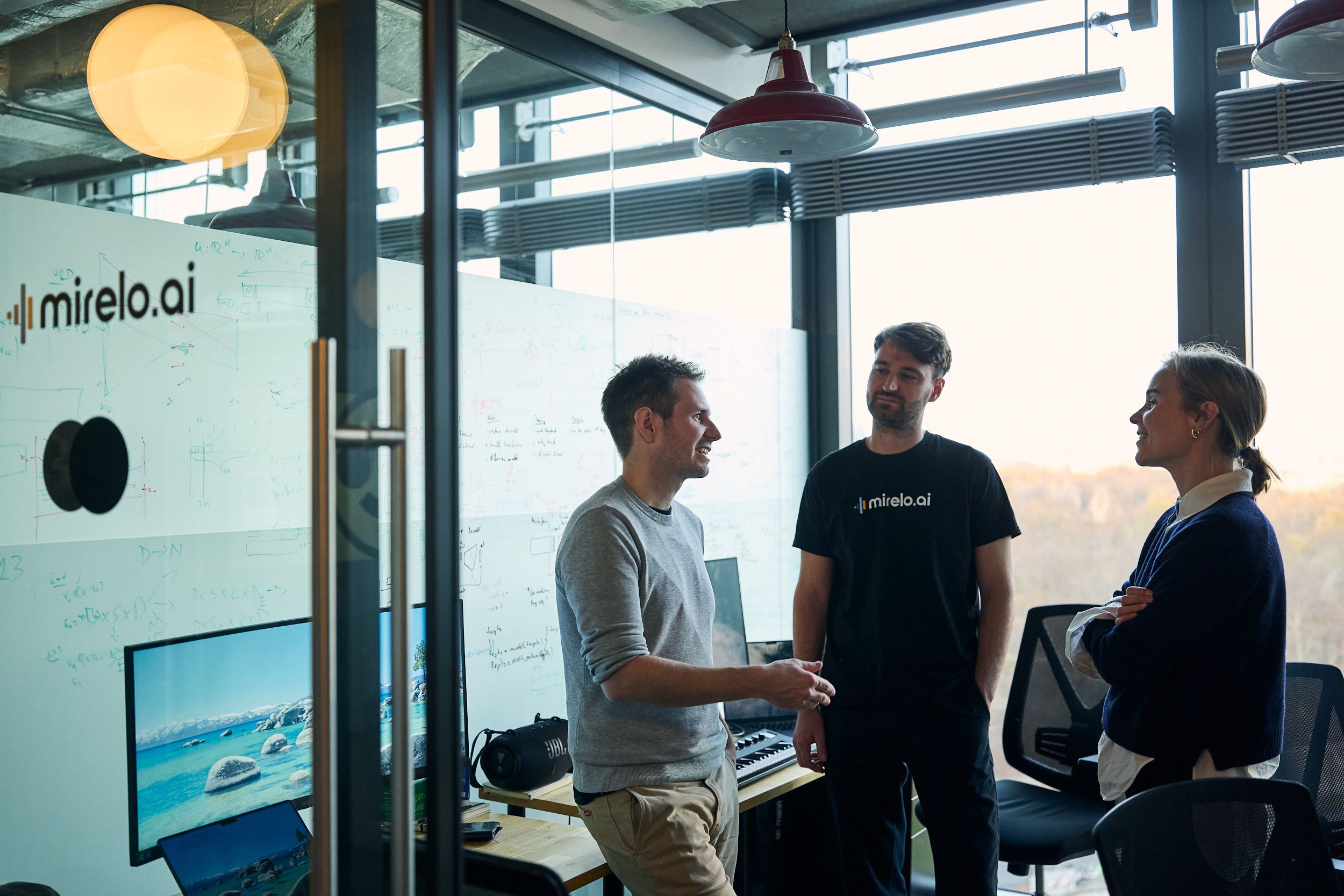The three fates of work in the age of AI

‘Love and work are the cornerstones of our humanness,’ Sigmund Freud once wrote. So what happens to our humanity in an era of AI, which – according to the headlines – threatens to replace millions of jobs and livelihoods? When algorithms eclipse humans across an ever wider range of cognitive and creative tasks, what will ‘work’ even mean?
Well, I have good news for you (good news, at least, for those who want to keep their job). The doomers are wrong, and we don’t need to be fortune-tellers to see it. AI is already transforming many professions for the better – making work more fun, dynamic and fulfilling. Yes, there’s no denying that some among us will be replaced. But many others will find themselves relieved of the bits of their job that have always been a burden, while others will be able to embrace reimagined or reinvented roles.
‘Relieved’ workers
The knowledge professions are among the main beneficiaries of the current wave of AI – think lawyers, tax advisors, auditors, even doctors. In these domains, AI is less an adversary than an enabler and enhancer. By scanning documents, processing paperwork, analysing and extracting data from video, and doing routine data-capture and diagnostics, algorithms can free up overburdened experts to focus on the reasons they got into the job in the first place. (Hint: it’s not because they wanted to spend their days going cross-eyed scanning row upon row of figures.)
DeepScribe, for example, allows doctors to quickly and securely capture their patient notes by harnessing the power of AI. In finance, DataSnipper liberates auditors from the grind of matching data to documents. And the likes of LocTax and Fonoa are using AI to help tax professionals at global companies shortcut incredibly complex, fragmented and time-consuming compliance processes.

Vidya Peters, CEO of DataSnipper, is building AI to make auditors lives easier
The best professionals tend to be hardworking and cerebral types. But what brings them satisfaction isn’t just solving thorny problems – it’s also maintaining a relationship of trust and intimacy with the people they help every day. In this way, AI isn’t just about productivity, but about improving the ‘feel’ of a job. It elevates the contributions of these professionals and creates the space in their day to do better, more creative, more strategic and more human work. It brings them closer to the core of their jobs, and what gets them up in the morning.
‘Reinvented’ workers
Other jobs will be profoundly transformed, but they’ll still exist. When Amazon came along, bookshops didn’t die, exactly – but those that survived and thrived understood that they had to pivot. Instead of a business model based on distribution, successful booksellers saw that they were now solving for the problem of discovery (helping people to decide what books to buy among the many thousands published every year). They could also leverage the atmosphere of their shop to host events and create a sense of community.
Likewise, in the early decades of computing, being a ‘coder’ or ‘programmer’ was often about rote data entry, involving literally punching holes for code into stacks of cards or tape. It was repetitive and mechanical work, not unlike factory assembly lines. But as computers became more powerful in the 1970s and 80s, the nature of programming transformed to creatively building complex systems. New languages like C and C++ required strong technical expertise, eventually giving rise to the software that would enable whole industries to spring up.
Industries such as marketing and journalism may well be in for a similar transformation. Yes, AI will undoubtedly require professionals to be nimble and reskill – but there are immense opportunities for them to double down on finding new ways to add value. It’s worth remembering, too, that utilitarian outcomes aren’t the only thing consumers care about. Even if an AI were capable of being as empathetic and responsive as the best psychotherapist, arguably many clients would always want to know that they were being listened to, recognised and helped by a human. AI can push us to focus on those dimensions of our jobs that algorithms structurally can’t replicate – ethics, emotion and human-to-human connection, which are often the sources of real job satisfaction.
'Replaced' workers
There’s no avoiding the fact that some jobs will certainly disappear as AI spreads throughout the economy. Occupations such as retail cashiers, truck drivers, customer support and factory production workers face outright replacement. Why? In most cases their labor is ultimately a fungible and instrumental input – the end user doesn’t mind who drives them from A to B, or who picks out their Amazon parcel from the warehouse. Here AI is not bringing people closer to the core of their job, but cannibalizing it entirely.
This presents thorny policy and political problems, but these challenges can be overcome through retraining and economic redistribution. We know, too, that prior tech revolutions have created more opportunities than they destroyed, even if the transition period can be bumpy.
Where next?
The story of AI’s impact on meaningful work remains unwritten. But we can influence the future and bend it towards positive outcomes centered on human dignity. In many areas, AI is already enhancing creativity, quality and the emotional satisfactions of work across industries, not just improving efficiency. The robots are coming either way; we might as well envision how to humanize their effects.
Published — April 18, 2024
-

-
